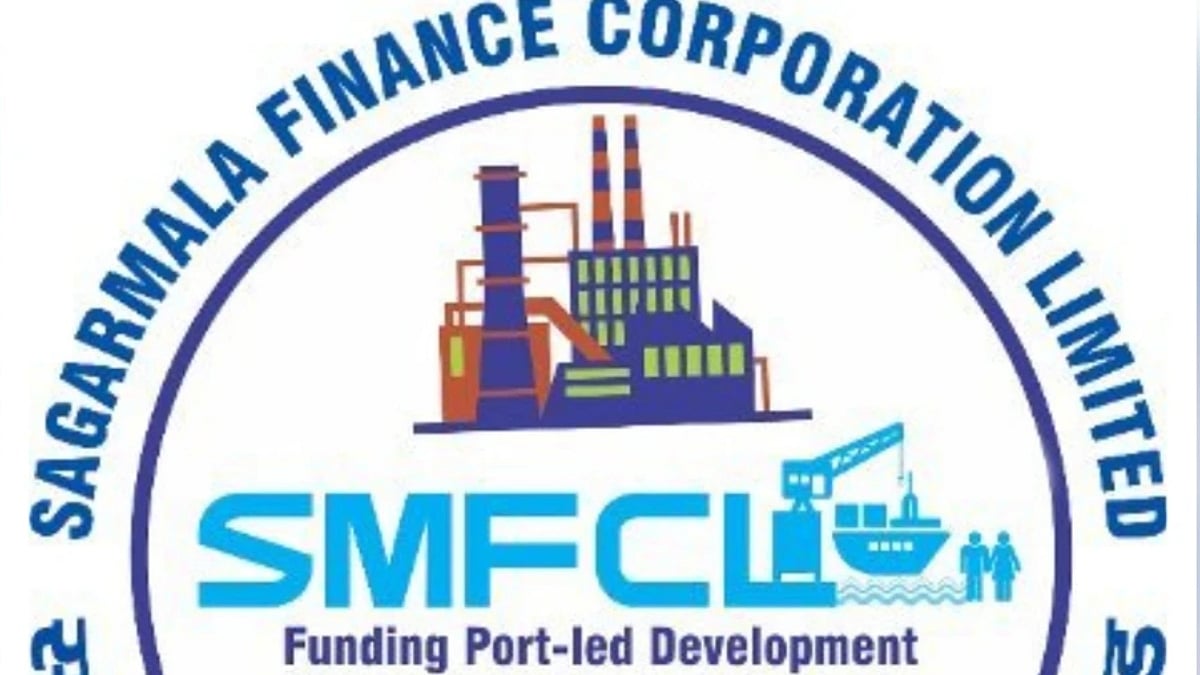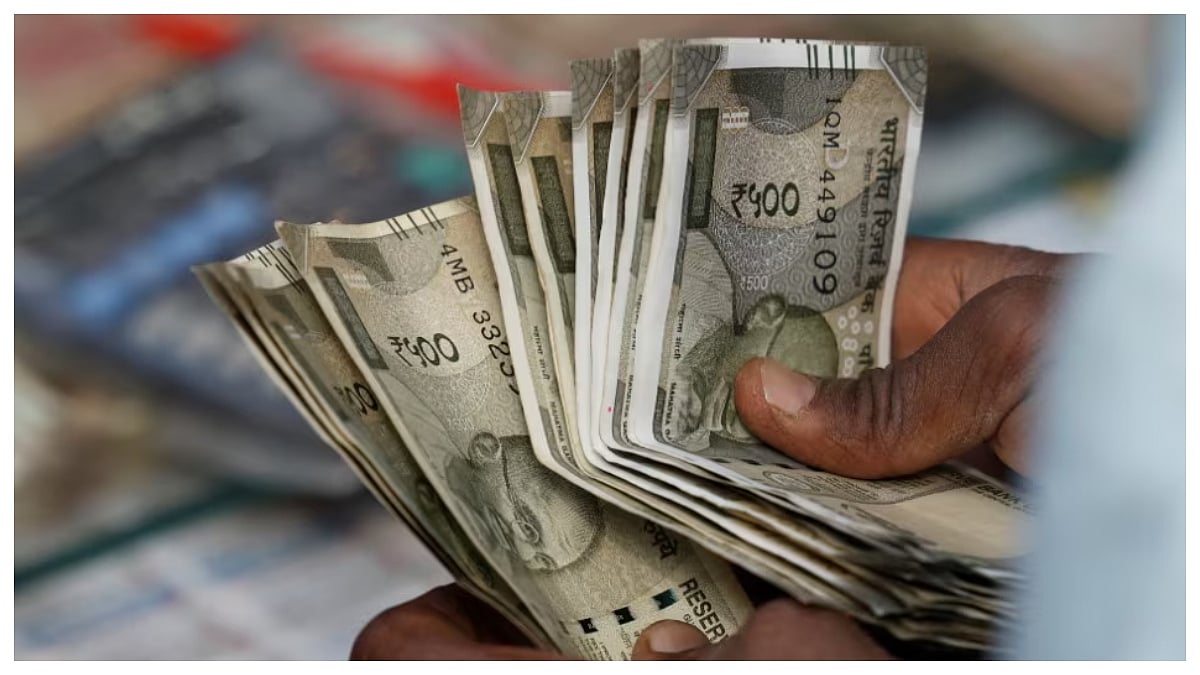New Delhi: The Union Cabinet, under the leadership of Prime Minister Narendra Modi, has sanctioned the Export Promotion Mission (EPM).
This initiative, highlighted in the Union Budget for the fiscal year 2025-26, aims to enhance India's export competitiveness, with a particular focus on micro, small, and medium enterprises (MSMEs), first-time exporters, and labour-intensive sectors.
The Mission will provide a comprehensive, flexible, and digitally driven framework for export promotion, with a total outlay of Rs. 25,060 crore for FY 2025-26 to FY 2030-31, according to the release.
EPM marks a strategic shift from multiple fragmented schemes to a single, outcome-based, and adaptive mechanism that can respond swiftly to global trade challenges and evolving exporter needs.
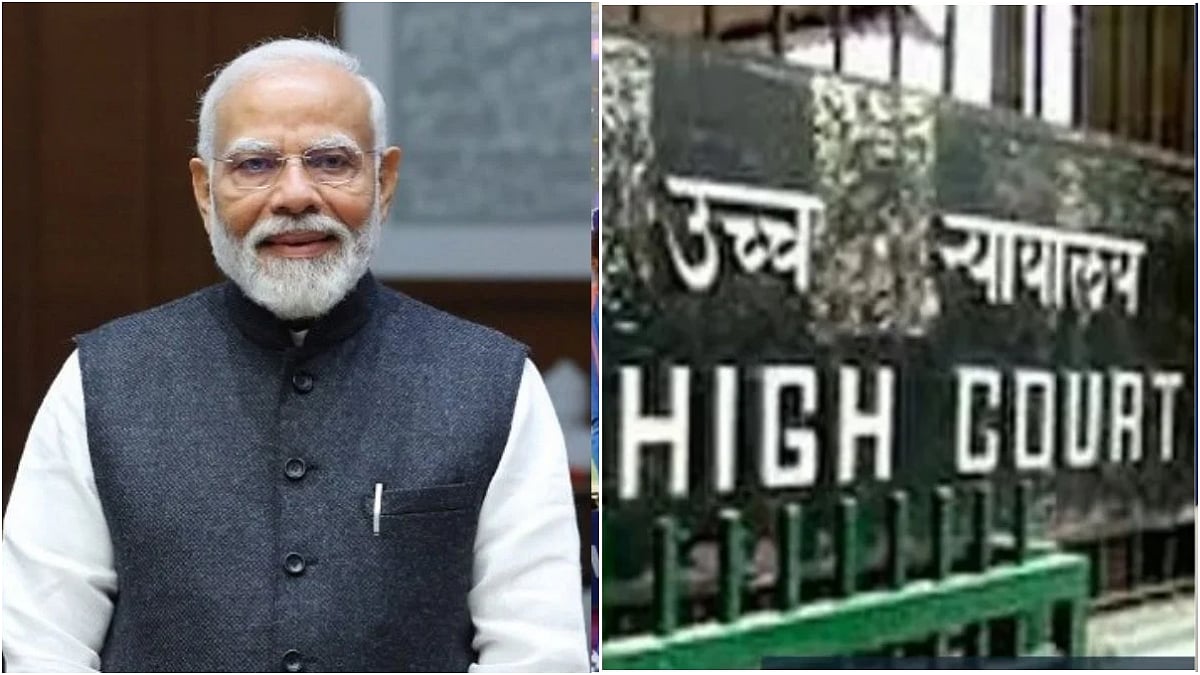
EPM is anchored in a collaborative framework involving the Department of Commerce, Ministry of MSME, Ministry of Finance, and other key stakeholders, including Financial Institutions, Export Promotion Councils, Commodity Boards, industry associations, and state governments.
The Mission will operate through two integrated sub-schemes: NIRYAT PROTSAHAN - It focuses on improving access to affordable trade finance for MSMEs through a range of instruments such as interest subvention, export factoring, collateral guarantees, credit cards for e-commerce exporters, and credit enhancement support for diversification into new markets.
NIRYAT DISHA - It focuses on non-financial enablers that enhance market readiness and competitiveness, including export quality and compliance support, assistance for international branding, packaging, and participation in trade fairs, export warehousing and logistics, inland transport reimbursements, and trade intelligence and capacity-building initiatives.
EPM consolidates key export support schemes such as the Interest Equalisation Scheme (IES) and Market Access Initiative (MAI), aligning them with contemporary trade needs.
The Mission is designed to directly address structural challenges that constrain Indian exports, including limited and expensive trade finance access, high cost of compliance with international export standards, inadequate export branding and fragmented market access, and logistical disadvantages for exporters in interior and low-export-intensity regions.
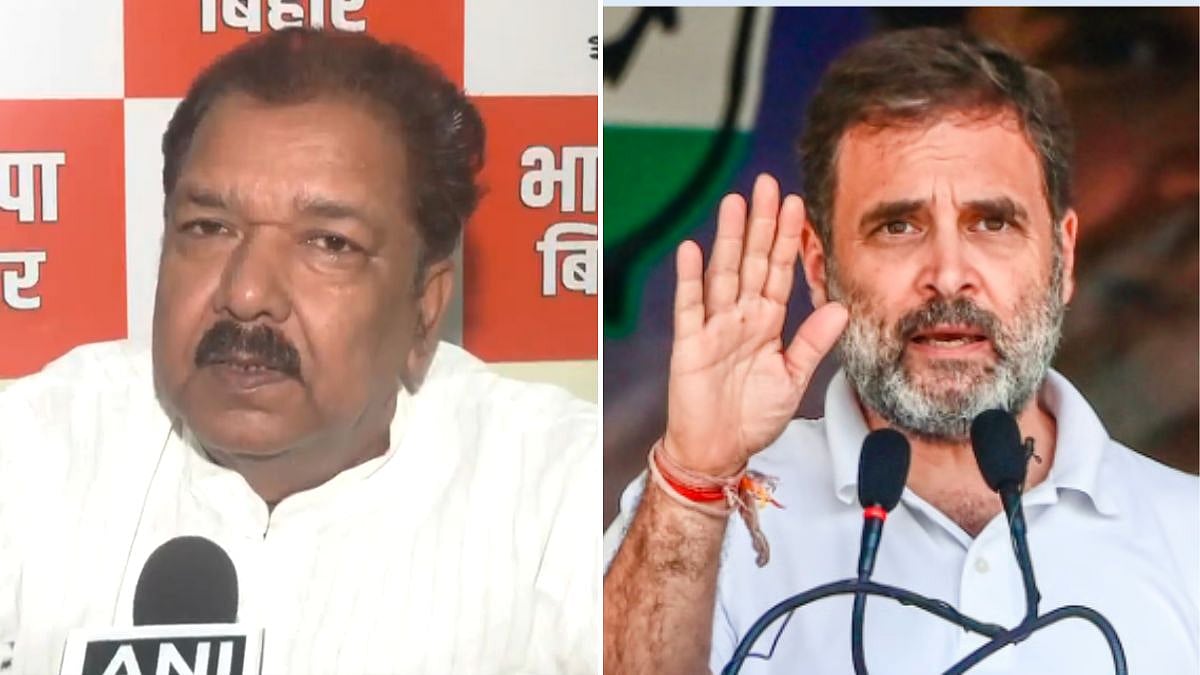
Under EPM, priority support will be extended to sectors impacted by recent global tariff escalations, such as textiles, leather, gems & jewellery, engineering goods, and marine products. The interventions will help sustain export orders, protect jobs, and support diversification into new geographies.
The Directorate General of Foreign Trade (DGFT) will act as the implementing agency, with all processes -- from application to disbursal -- being managed through a dedicated digital platform integrated with existing trade systems.
The Mission is expected to facilitate access to affordable trade finance for MSMEs, enhance export readiness through compliance and certification support, improve market access and visibility for Indian products, boost exports from non-traditional districts and sectors, and generate employment across manufacturing, logistics, and allied services.
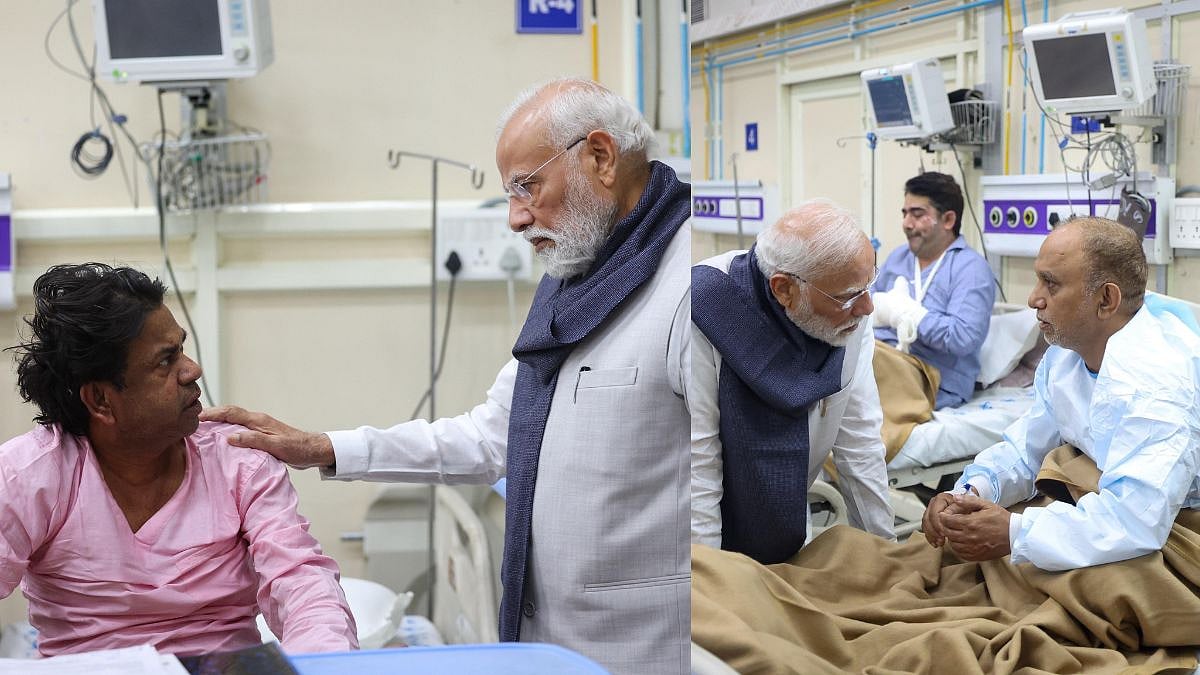
EPM represents a forward-looking effort to make India's export framework more inclusive, technology-enabled, and globally competitive, aligning with the vision of Viksit Bharat @2047.
(Except for the headline, this article has not been edited by FPJ's editorial team and is auto-generated from an agency feed.)

